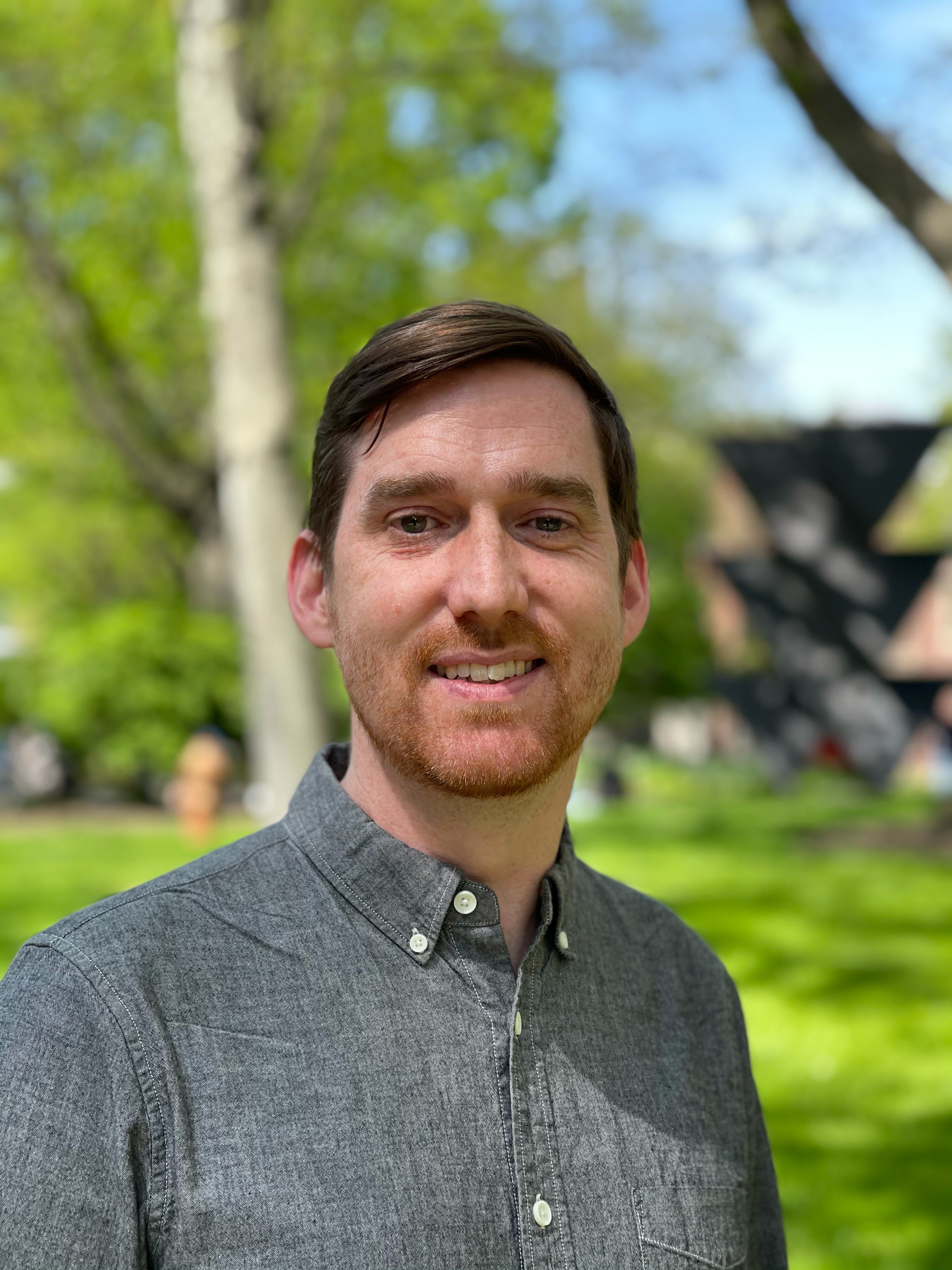Nationalism in Times of Crisis
Kok-Chor Tan, Professor of Philosophy; Eilidh Beaton, GR’20; and doctoral candidates Mike Gadomski and Dylan Manson examine whether it’s morally acceptable for the government to prioritize its own people’s interests and needs during a global pandemic.
In 2007, David Miller, a philosopher and professor of political theory, proposed a thought experiment: a pandemic has broken out and vaccines are in limited supply. Knowing that people in other countries are more vulnerable, is it wrong for the government to vaccinate its own people before sending any surplus abroad?
According to the Duke Global Health Innovation Center, affluent countries to date have purchased 54 percent of COVID-19 vaccine doses, enough to vaccinate their populations twice over, while less-advantaged countries can currently vaccinate only a third of their citizens.
Miller’s question is no longer a what-if.
In “Crisis Nationalism: To What Degree Is National Partiality Justifiable During a Global Pandemic?” an article published in the journal Ethical Theory and Moral Practice, Kok-Chor Tan, Professor of Philosophy; Eilidh Beaton, GR’20; and doctoral candidates Mike Gadomski and Dylan Manson explore whether governments are morally justified in favoring their own people during global crises like the COVID-19 pandemic.
The concept of “crisis nationalism,” a term the authors coined to describe prioritizing compatriots during a pandemic, stems from national partiality—the thought that countries are allowed, or even morally required, to favor their own populations’ needs over other nations’.
National partiality challenges moral impartiality, which is the belief that everyone should be treated equally, a foundation of modern moral philosophy. But there are complications to moral impartiality, says Manson, whose dissertation tackles nationalism more broadly. “Most people would agree that we shouldn’t treat friends and family the same way we treat strangers. There’s something about those relationships that means we owe them perhaps more than we owe others.” Manson further explains that proponents of national partiality, sometimes called “liberal nationalists,” argue that a similar relationship applies to people with whom we share a nation.
Under ordinary circumstances when resources are relatively scarce, the boundaries of national partiality are clear, Tan, Beaton, Gadomski, and Manson explain in their paper: a wealthy nation couldn’t justify favoring its less urgent needs over other countries’ more urgent ones. But in times of crisis, the starting conditions shift to absolute scarcity and “there’s really not enough to go around,” Manson says. Take the COVID-19 vaccine. Regardless of whether the government gives away or keeps doses, someone is deprived. Should a country then prioritize its own people? It’s not that simple, the authors argue.
“The background conditions of the world matter. You set up a system in which the countries with the most money are first in line for the vaccine—that’s partiality that denies other countries equal opportunity,” says Gadomski, explaining a conclusion of the relational approach, one of three the authors examine to test the limits of crisis nationalism.
As the “most robustly nationalist view,” says Manson, the relational approach bases the commitment between members of the same nation on a shared culture or, in the case of a multicultural country like the U.S., political frameworks like the Constitution.
But even in times of crisis, “relational theorists accept respect for the basic human rights of others as an upper limit to national partiality,” the authors write. According to their analysis of the relational approach, partiality that makes the world more unjust—they cite the Trump administration’s attempted hoarding of Remdesivir as an example—or stems from unjust background conditions, like global inequalities, is indefensible.
In examining the other leading defenses of national partiality, the instrumental and the institutional approaches, the authors reach the same conclusion. “The instrumental view says that what we really should be doing is promoting the equal and impartial good, but sometimes, contingently, the best way to do that is to act partially,” Manson says. Partiality, in this instance, would be acceptable only as a means of advancing impartiality—which is not the case when wealthy countries buy up crucial supplies during a pandemic.
The institutional approach argues that co-nationals belong to a common political, social, and economic institution that dictates their partiality. Gadomski explains that the institution can be coercive, “threatening to put us in jail if we don’t do what it tells us to,” or cooperative, “a special project that participants are involved in.” Regardless, protecting the rights of members of an institution at the expense of non-members’ rights is never permissible.
“No matter what you think about partiality, you also have to care about impartiality in some way or another,” says Gadomski. Even during a global crisis, morally acceptable partiality “requires a sincere adjudication [emphasis original] of the competing partial and impartial responsibilities,” the authors argue. This means exercising what they call “good faith national partiality,” or counterbalancing self-interested actions with impartial actions, like lifting restrictive international drug patent laws or providing economic assistance to countries without access to vaccines.
“Under normal conditions, the ideals of global justice and equality might seem like abstract concepts,” Tan said in an April 2020 interview. But a year into the COVID-19 pandemic, it’s harder to ignore the effects of global injustices.
“There’s an opportunity here to look at the assumptions we have about the way the world is structured—and the moral assumptions that justify those structures,” says Gadomski.
“We don’t want to be naive and say countries are going to be acting under the best moral interests,” adds Manson, “but we can still make the case for what should be done.”




